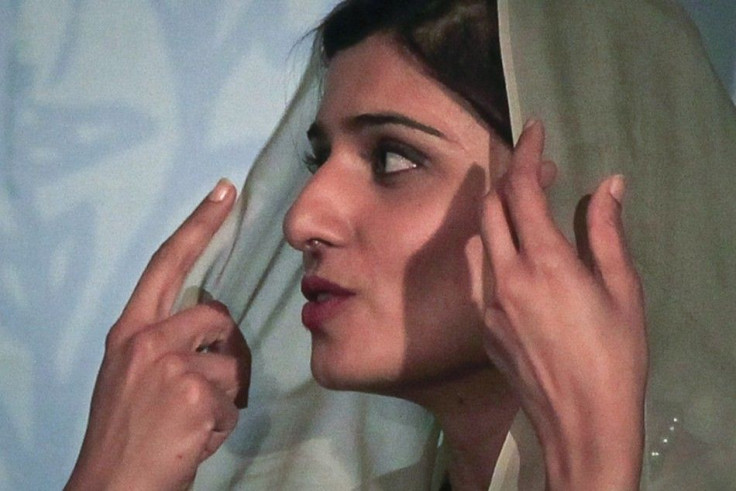India Meets Pakistan At Tehran Summit: What’s On The Menu?

The leaders of India and Pakistan are expected to meet in Tehran on Thursday at the sidelines of the Non-Aligned Movement (NAM) summit to discuss a number of bilateral issues.
Indian Prime Minister Manmohan Singh and Pakistani President Asif Ali Zardari, who last met in New Delhi in April, will likely seek to put the process towards peace between the two South Asian nuclear rivals on a more solid footing -- almost four years after the Mumbai terrorist attacks severed such diplomatic hopes.
That massacre -- which killed 166 people -- was blamed on Pakistan-based militant group, Lashkar-e-Taiba. The Indian Supreme Court just upheld the death sentence handed to Mohammad Qassab, the one Mumbai gunman who survived.
India will likely press Pakistan to find more of the culprits behind the attack who may be hiding out in the country.
Referring to the court’s ruling, India’s foreign minister, S.M. Krishna told reporters: "I am sure Pakistan will not fail to take note of it.”
Krishna’s counterpart, Pakistan Foreign Minister Hina Rabbani Khar, said the two countries need to settle their disputes in a more “mature” way.
"We are moving out of trust deficit zone, and that is a pre-requisite for us to be able to really sit on the negotiating table and solve most important issues," she said on Wednesday, according to The Daily Times newspaper of Pakistan.
"All previous talks between the two leaders have been very useful particularly in New Delhi and we hope the same spirit would continue in Tehran. As far as Pakistan is concerned, it is committed to moving forward beyond any other issues that might arise between the two countries.”
India and Pakistan have suffered through 65 years of mutual mistrust and hostility, even going to war on four separate occasions since British dominion ended.
Thus, talks between the top men in each country is a crucial step towards some form of stability. Zardari and Singh will likely discuss the seemingly intractable Kashmir dispute, as well as Pakistan’s alleged support of Islamic militants within India (which Islamabad has long denied).
Pakistan’s News International newspaper commented in an editorial that the Zardari-Singh talks: “could be an important continuation of the efforts to improve ties between the two nations."
However, India also is blaming Pakistan for another recent troubling incident – New Delhi believes that the inflammatory mass text messages sent to migrant workers in Bangalore originated in Pakistan. Those messages targeted Assamese and other northeasterners who live in Bangalore and prompted thousands of them to flee out of fears of an imminent attack.
Regarding the Bangalore issue, Khar declared: "I think simply that we need to really find a more mature way to be able to be handle all of these issues because they will continue to haunt us."
She added: "I am, in my position, very disappointed every time something reaches Pakistan through the media, because we believe that we have been able to invest in this relationship enough to expect a call from any counterpart if any such concern, suspicion arises. Because, we have to move beyond this. You know, really, giving more fuel to a hostility type of a narrative in each other's media, I think, your [Indian] media, really needs to become more positive.”
Otherwise, relations between the two nations have been slowly improving, on both serious and trivial matters. Earlier this month New Delhi said it will permit investment from Pakistan, while the Pakistani cricket team will tour India in December after a break of several years.
© Copyright IBTimes 2024. All rights reserved.





















